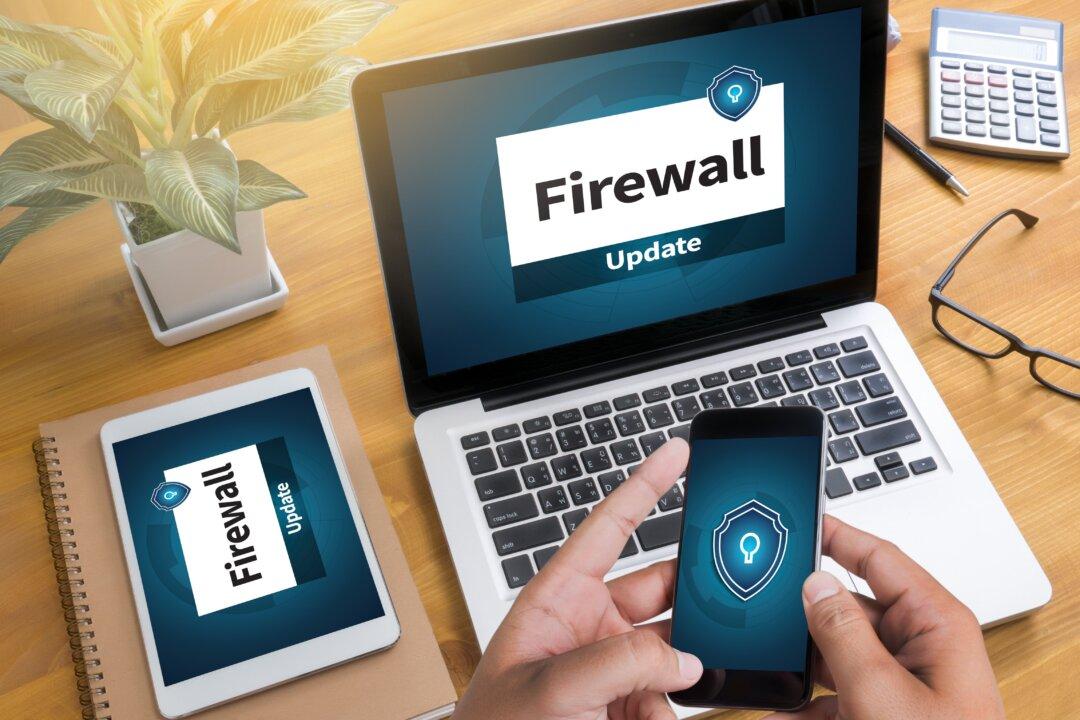One in three Americans have their personal data breached each year. That comes to 111.7 million people. With 317 million new computer viruses and malware created yearly, the potential for increased attacks is likely.
Although using good digital sense with passwords and pins can help diminish some attacks, a strong firewall will go a long way to deter malicious behavior on your computer. But there are different types of firewalls. What are they, and how do they work?






